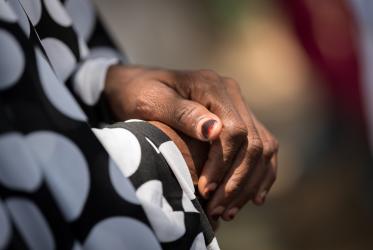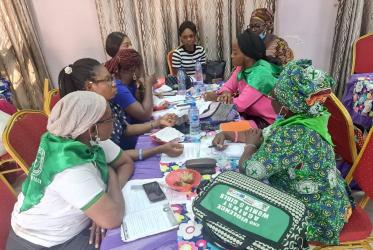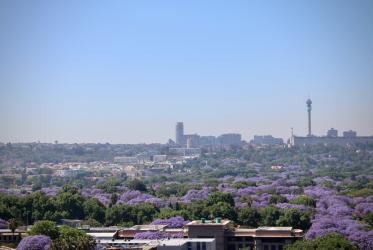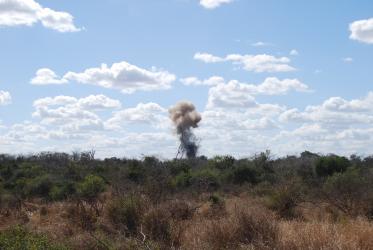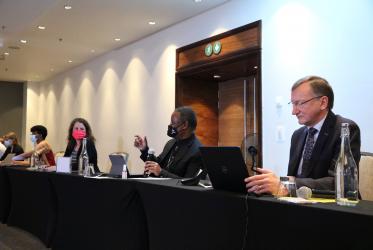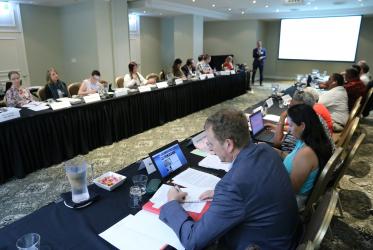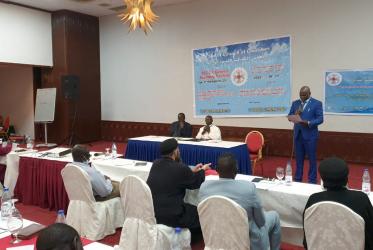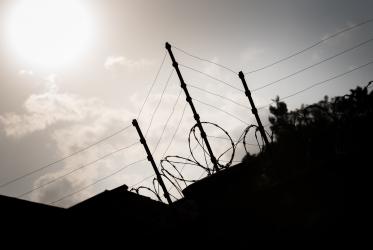Displaying 61 - 80 of 360
World mourns loss of Archbishop Desmond Tutu
30 December 2021
Nigerian churches train women and girls on human rights
20 December 2021
WCC condemns bombings in Uganda, calls for justice
18 November 2021
WCC expresses grave concern over political situation in Sudan
29 October 2021
Calls grow globally for peace and accountability in South Sudan
24 September 2021
WCC shares greetings with Sudan Council of Churches General Assembly
20 September 2021
WCC expresses concerns over reinstatement of death penalty in Malawi
07 September 2021
